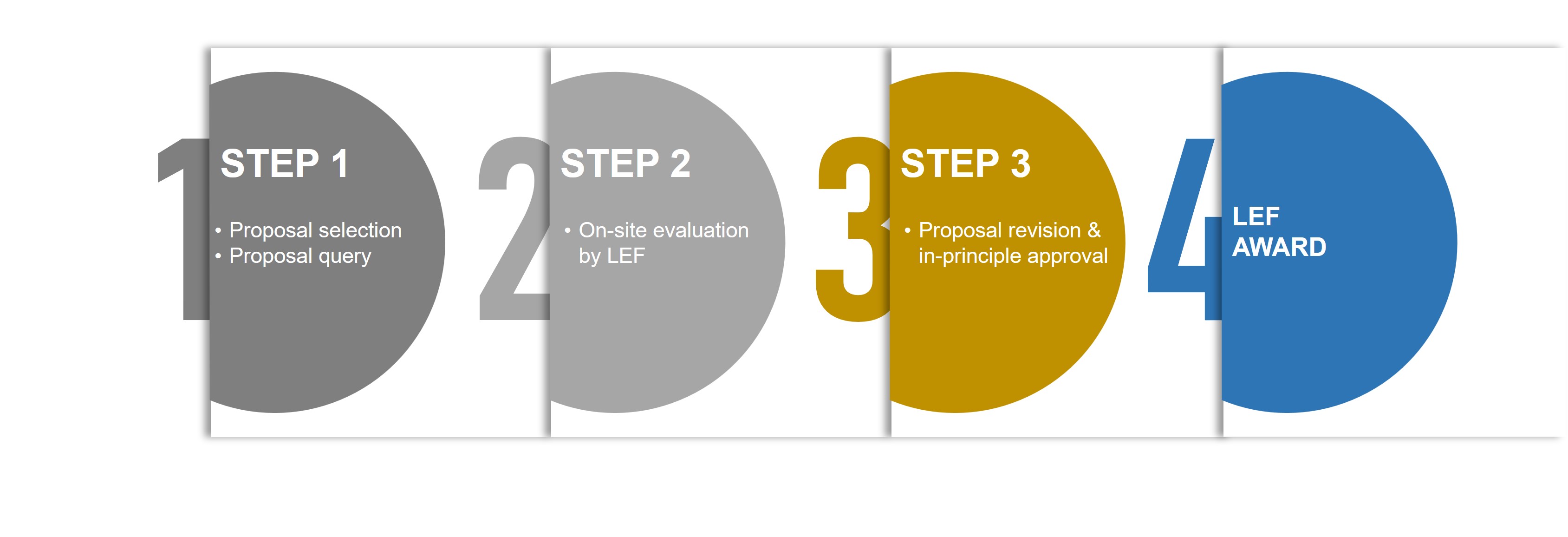The Nanyang Environment and Water Research Institute (NEWRI), Nanyang Technological University, Singapore is pleased to invite applications for the Lien Environmental Fellowship (LEF) Award.
LEF aims to enable successful applicants from universities, research institutions, government agencies, non-government organisation and non-profit organisation based in Southeast Asia, and South Asia to improve water and sanitation; conduct environmental quality assessment and/or solid waste management by developing and implementing scalable and sustainable technology-based solutions. Applicants could also propose other environmental and community health based impact solutions.
The programme emphasises on full-scale implementation and education, so that benefits can accrue beyond the award recipients and towards the communities.
LEF is funded by the Lien Foundation (www.lienfoundation.org) and is administered by NEWRI.
For further information on this program, please refer to the following pages.
Please email your proposals and all enquiries to [email protected].
The deadline for submission of the Project Brief has been extended till Tuesday, 31December 2024. Should applicant need additional time, please write to LEF for approval. The announcement of shortlisted applicants will be notified via email by Friday, 31 January 2025.

What is the Lien Environmental Fellowship?
Who can apply for the LEF Award?
The LEF Award is offered to institution/ organisation, not individuals. The main applicant shall be the Project Coordinator/ Principal Investigator, “LEF Fellow”.
Where is the project location?
Countries in South East Asia and South Asia

What are the project scopes?
The programme support project scopes may include
(but not limited to);
The programme does not support pure-research projects, commercial projects or development of proprietary technologies for commercial set up. Past successful projects can be found here (https://www.ntu.edu.sg/newri/programmes/lien-environmental-fellowship-program).
Tapping on NEWRI’s strengths in research and engineering, LEF project activities typically encompass:


- Can the immediate benefiting community operate and maintain the system after the project team leaves?
- Can neighbouring communities copy the solution?
- Can the solution tie together concern for the carrying capacity of the natural system with social, political, environmental and economic challenges?
- The project should not run counter to prevailing local rules and regulations;
- Support from local authorities;
- Attention and commitment to community engagement;
- Commitment and enthusiasm of benefiting communities and local partners, reflected in co-financing or in-kind support.
- Capacity for innovation, implementation feasibility, and sustainable development;
- Provision of support for project administration (documentation, bookkeeping, etc.)
Please email your proposals and all enquiries to [email protected].
For more information, please get in touch with
Ms Josephine Chow (Manager) - [email protected]














/enri-thumbnails/careeropportunities1f0caf1c-a12d-479c-be7c-3c04e085c617.tmb-mega-menu.jpg?Culture=en&sfvrsn=d7261e3b_1)

/cradle-thumbnails/research-capabilities1516d0ba63aa44f0b4ee77a8c05263b2.tmb-mega-menu.jpg?Culture=en&sfvrsn=1bc94f8_1)





